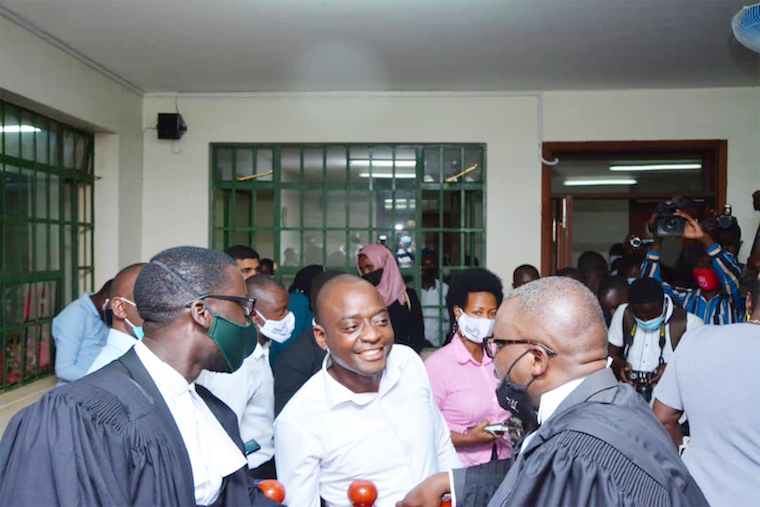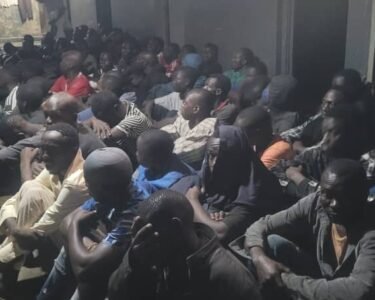The protracted dispute between Ham Enterprises and Diamond Trust Bank Uganda and Kenya, climaxed in 2020, when the Commercial Court held that it was illegal for a foreign bank to lend money to a Ugandan borrower without a licence from the Central Bank.
Further in its decision, the court presided over by Justice Henry Peter Adonyo held in October 2020 that the loan agreement between a foreign bank and a Ugandan borrower was unenforceable.
This was after Ham Enterprises, and associated companies owned by businessman Hamis Kiggundu, had borrowed money from DTB Uganda and Kenya. The dispute arose after Ham Enterprises defaulted on its loan repayments, before instituting a suit before court against the two sister banks, claiming his money was illegally being deducted from accounts he held in the banks. During the hearing, Ham argued that the loan agreements with DTB Kenya were illegal and unenforceable because DTB Kenya was carrying out financial business in Uganda without a licence from Bank of Uganda, contrary to rules under the Financial Institutions Act, 2004 (FIA).
Mr Kiggundu had claimed that in August 2020, Shs85b and Shs34b were illegally deducted by DTB Uganda and DTB Kenya from two accounts of his companies without his consent.
The judge concurred with the submissions of the lawyers of the businessman and ruled in his favour, throwing the banking market into panic given a large number of foreign lenders to the Ugandan business.
The court decision allowed the borrower to escape liability on the loan and walk away without repaying the borrowed funds, inflicting financial loss to DTB
Kenya and its investors.
However, the decision was appealed before the Court of Appeal and later before the Supreme Court.
The Supreme Court in its decision, stated that the key criteria to determine if a person is transacting financial institutions business in Uganda is whether that person holds money on deposit from Uganda, from which it extends loans to borrowers.
In this case, the court found that the funds disbursed were not deposited from Uganda. DTB Kenya did not receive or hold any deposits in Uganda and indeed did not lend the borrower out of any such deposits. As a result, the court found that the FIA 2004 did not apply to DTB Kenya as a foreign bank.
Furthermore, the court held that the syndicated loan transaction between DTB Kenya was lawful before referring the case back to the High Court, Commercial Division for a retrial before another judge.
Mr Kiggundu eventually took the matter up to the Supreme Court which in June 2023 ruled that “no law was brought to this court’s attention that forbids foreign financial institutions from extending credit facilities to any financial institution or person in Uganda. If anything, in furtherance of international trade and investment, financial institutions the world over are known to engage in global financial business transactions by dealing with, or through, financial institutions based in other jurisdictions. In the case of Uganda, such international financial business transactions are certainly neither governed by the Financial Institutions Act, 2004, as amended, nor the Financial Institutions (Agent Banking) Regulations, 2017, made pursuant thereto.”
The Supreme Court ruled that the trial judge therefore erred in holding that the credit agreements between the parties hereto were clothed with illegality.
“Accordingly, the claim impugning the legality of the credit facility contracts between the parties hereto is disallowed,” the Supreme Court decided, hammering the last nail in the Ham Enterprises matter. It is pending final resolution before court.





